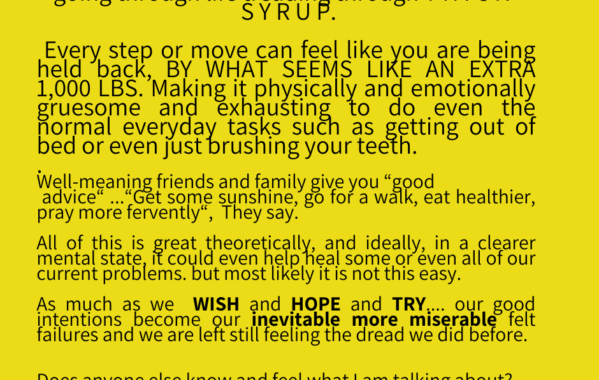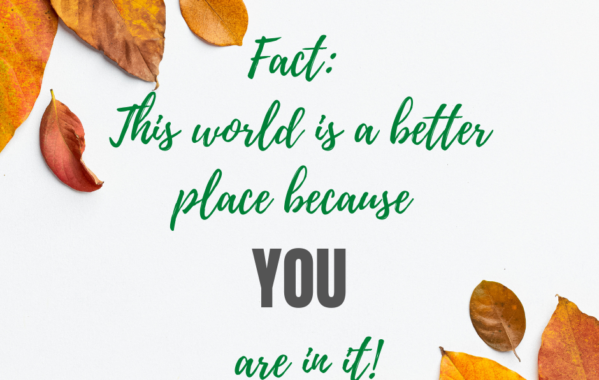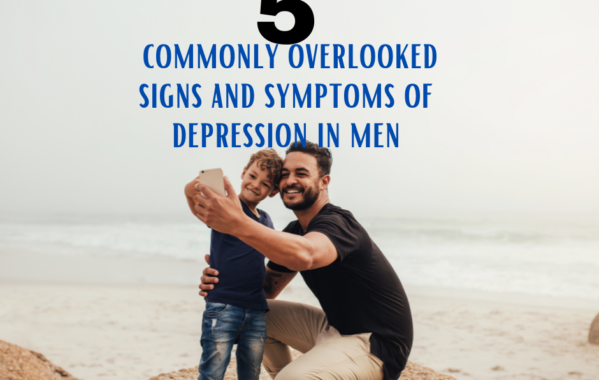What a person with depression looks like
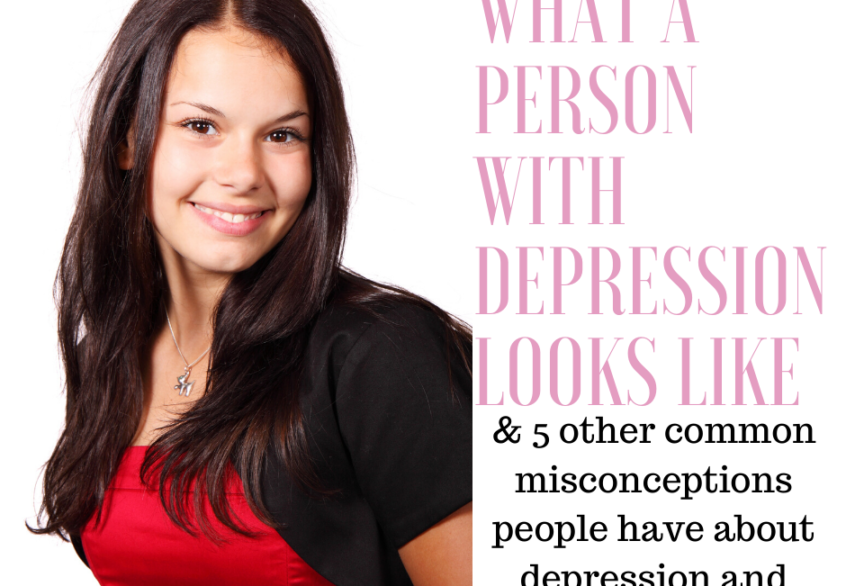
(and 5 other common misconceptions people have about depression and anxiety)
I have a friend who is a SUNSHINE of a person. She is always happy, always smiling, always worrying about everyone else. She is one of the sweetest most sincere people I know. When I am around her I feel confident and special (in a good way). She has a way of bringing out the best in everyone she is around. She is creative, artistic and spiritually minded. She is beautiful to the core on all levels.
As I got to know her more and more over time I found that I would say to myself, “I wish I could be happy like her, I wish I was more like her in almost every way. She has it figured out.” “Her life must be so much better than mine, fewer problems, a better attitude, more life skills, etc.”
And then one day something happened that changed my perspective of her and my perspective on mental illness forever……
She cracked
one day randomly as we were talking she opened up to me. She cried and explained to me that she had been suffering from depression and anxiety.
“Wait….what did you say?” you ask.
“You mean to tell me that this amazingly beautiful, sincere, put-together woman has had depression the whole time I have known her and I didn’t even realize it until now? Until she actually came out and told me herself?”
“WHAT
THE
HECK IS GOING ON HERE?!!!!!!”
Well, that is exactly what I was thinking too when she told me.
“How is this possible?” I asked myself quietly.
After she opened up to me about her mental illness I immediately felt as though a thousand bricks had been lifted from my chest. I mean, of course, I knew she wasn’t perfect (no one is) but it was good to see that My friend was a real-life human being just like me. She had an illness just like me. This gave me the mental permission to relate to her in a way I hadn’t been able to before. Just when I thought it was impossible to admire her any more than I previously had, my admiration for her grew 10 times that day.
So the answer to the question of HOW TO TELL IF A PERSON IS DEPRESSED FROM LOOKING AT THEM IS THIS…
YOU CAN’T!
Letting others in.
I had been suffering from major depression for over 3 years when I first had the opportunity to speak at a church function on how Jesus Christ is my anchor. I hadn’t taken hardly any time to prepare what I was going to say that night. I said a quick prayer to myself before I started speaking asking that I would be able to say exactly what the women in that room needed to hear. Well, I never planned on talking about my struggles with depression and anxiety to them. But as I stood in front of those women whom I had grown to know and love over the previous few years the words just fell out of my mouth.
I spoke about how I had struggled, and how even though days were dark I was able to fight through it because of a savior who loved me. I shared some very personal experiences about how I dealt with my insecurities that came with my mental illness. After I was finished I didn’t think much about what I had said. It wasn’t a big deal to me at all. I guess I figured most people already knew about my struggles with it. I figured the way I had been suffering was evident for other people to see it too.
But I was so wrong.
After the night was over I don’t even know how many women came up to me and expressed that they too suffered from similar illnesses, and how they had no idea that I did too.
Many of them said that by the way I looked and portrayed myself that they assumed that I had it all together, that I was mentally healthy and always happy. I was told by some that it felt so good for them to hear that I was a real person too and that they could open up to me about the real struggles they were dealing with.
From that day forward I vowed to let as many people possible know that what they see on the outside doesn’t always reflect the conflict on the inside. Now that being said, this doesn’t mean that I wore yoga pants with a hoodie, and a perma-frown in public every day after that boasting in the fact that my “life was hard and I was going to prove it”. (though I might still have worn stretchy pants more days than not)
I just mean that I took every opportunity to open up to people who I felt needed some insight on what having a mental illness really is, and what it is not.
So to help anyone out there who might be struggling with the “stigma” or “common misconceptions” of what depression and anxiety really is or looks like, this is for you.
Misconception #1
Our illness defines who we are.
First and foremost someone who has depression and anxiety has an illness. This could be compared to having cancer. A person who has cancer would never refer to themselves as cancer itself, but they would refer to themselves as “having cancer”. If they were talking to someone who didn’t know they had cancer they would say “I have breast cancer (or any other cancer they are referring to). Their cancer does not define who they are. Their illness does not mean that they have done anything to change their worth or who they are as a person. Does their having cancer change their experience in life? of course, it does. Does their having cancer change their perspective and daily activities of life? Most definitely. Does this person most likely have to fight and treat their illness for the rest of their life in varying ways? Yes, they do. Even though they will have to do all those things to deal with cancer, this person would never be referred to as cancer itself.
This is the same for people who have a mental illness. We are not our illness. We are not depression, we HAVE depression. We are not anxiety we HAVE anxiety. It does not change who we are as a child of God it does not change who or what we aspire to be. It is an illness we did not choose by our actions. It is an illness that can come in varying degrees just like any physical illness.

WE ARE NOT OUR ILLNESS!
As sister Reyna I. Aburto told us in her Women’s conference talk (here) recently, She says, “Sadly, many who suffer from severe depression distance themselves from their fellow Saints because they feel they do not fit some imaginary mold. We can help them know and feel that they do indeed belong with us. It is important to recognize that depression is not the result of weakness, nor is it usually the result of sin. It “thrives in secrecy but shrinks in empathy.” Together, we can break through the clouds of isolation and stigma so the burden of shame is lifted and miracles of healing can occur.
“Your struggles do not define you, but they can refine you.“
I love those words. Mental illness or not, cancer or not, tragedy or not, heartbreak or not, we are all on this battlefield together trying to fight the best we can so we can become the best we can here on this earth.
Some days you may feel like your depression actually does define you. Some days you might want to stay down and you may feel defeated or overtaken by the effects of the illness. But deep down keep inside your heart tucked away, that you are still that old hopeful version of yourself that you remember you once were before your mental illness. It’s just that your mind is trying its hardest to get you to forget.
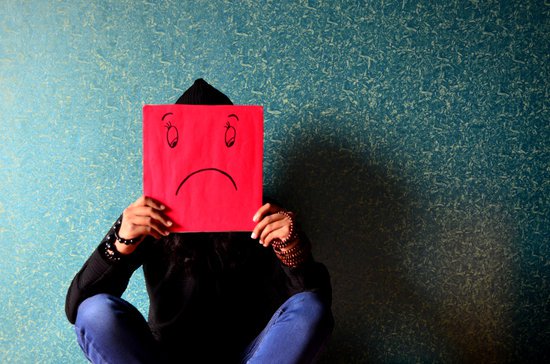
Misconception #2
People with depression are always sad.
Just like I mentioned in the story above about my friend, (that she was happy and spunky and put together) she was suffering from depression the whole time during that. Just because she had depression doesn’t mean that she was sitting on her couch all day not able to function. People with depression can be happy at the same time that they are suffering from depression. They have moments of clarity that help them escape the darkness they usually feel. Depression can be an underlying feeling of sadness or hopelessness more days than not. So people with depression can still have days where their symptoms seem to be at bay and they can feel sparks of happiness.
Sometimes they don’t feel anything at all. So they may seem like an even kill type of person all the time but they really just are experiencing the effects of the nothingness that can come from depression.
Depression can make you feel like there is no point in anything in life it can make your reality dull and hopeless. I have heard from multiple people that are suffering from depression that they don’t even care that they have it anymore. They don’t feel like doing anything to get help with it because they just have lost all interest in anything.
Misconception #3
People with depression should just snap out of it!
Now if you can name one person that doesn’t have some sort of crazy in them I will give you a big prize. Because it is impossible to find such a human. We all have our crazy!
There is a saying that says, “Everyone is someone else’s weirdo”. And it is so true. We are all different with different perspectives, different experiences, different families, different lives. Who are you to judge and say someone is CRAZY because they have a mental illness that you don’t understand? Believe me, even those that have depression sometimes don’t understand why they are feeling or acting the way they do. It just happens, it’st just a part of the illness.
Depression is not something they can just snap out of. It is not having a bad or pessimistic attitude. It is an actual physiological change that is occurring in the brain causing them the symptoms they are portraying.
Quit judging and start loving!
Just because people with depression or other mental illness react differently to situations or say things that you may not understand does not mean they have lost their marbles. If you don’t struggle with depression and/or anxiety you would not understand the constant mental battle that is continuously being fought inside us. It can be exhausting!
Misconception #4
People with depression are lazy.
One of the major side effects of people who have depression is tiredness. The feeling of constant exhaustion. I feel like one of the best ways to describe it would be to say we have glue on our feet. Every movement can be exhausting and sometimes feels like it needs to be intentional because of the physical and mental effort it takes to do simple daily tasks that were once mindless and easy.
Rest is so important to our recovery just like it would be if we had any other long term physical illness. Just like if someone had any physical illness we would acknowledge that they need their rest to recover. It is the same with our minds sometimes we need physical rest so we can recover and heal mentally.
As with someone who is suffering from long term sickness, we also need support. We could use extra help with our kids, we can benefit from an extra hand around the house to do seemingly easy tasks, etc.
Misconception #5
People with depression and anxiety are “flakes”.
I seem to know several people who have depression and anxiety. The people I do know (including myself) who suffer from these illnesses seem to generally share a commonality… they have a hard time with making decisions and more times than not a hard time following through and keeping small calendar like commitments. If they schedule a playdate, they find themselves at the last minute frantically trying to get out of it for no real justifiable reason. If they are meeting up with a girlfriend for a lunch date, they search their minds for any valid excuse of why they can’t make it at the last minute. Even if it is a regularly scheduled doctor appointment they will find themselves trying to escape the appointment. “Why is this?”, you ask. “Is this just a character flaw?” The answer is easy, no it is not. Being “flaky” can be an actual symptom of depression and anxiety.
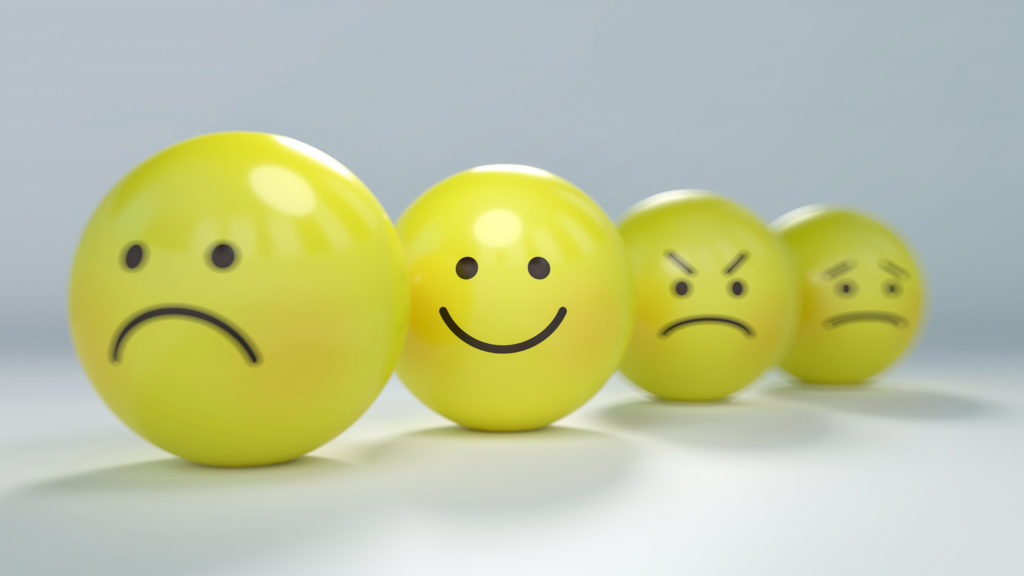
Let’s think about it. If a person is having a depressive episode usually they have lost interest in things they once normally loved. If they usually love to be around people and now suddenly they don’t feel like leaving the house to be with people they like this could be what is going on. Seemingly easy things like getting ready for the day and putting on a happy face can be daunting and overwhelming. So it can take a lot less mental effort to just stay home and not have to “fake” it.
If they have anxiety the possibility of them thinking about the worst possible scenario in their head has already happened. “What will people think of me?”, “What if I can’t think of anything normal to say?” Those feelings of being constantly overwhelmed can flood their minds constantly if they are in situations outside of the comfort of their own home.
So give a person you know who might seem consistently “flaky” a break. Give them time to work through this new world of not following through with plans. Their intentions are good, they just have to have time to figure out how to navigate the symptoms they are feeling. Don’t give up on them! You can still ask to get together with them so that they know you still care about their friendship with you.
If you are like me and have been known to want to “flake out”, try to push through because usually when I do, I feel better after following through with a commitment, I feel glad that I went. Pushing against what our minds are telling us we don’t want to do can help in our recovery of retraining it so that we can feel better and we will feel more reliable to ourselves and others.

So there you have it, 5 common misconceptions of people with depression and anxiety.
1. Our illness defines us.
2. People with depression are always sad
3. People with depression should just snap out of it!
4. People with depression are lazy
People with depression and anxiety are “flakes”.
Now that I have cleared that up, go and love and don’t judge!
What other common misconceptions to you feel there are with depression and anxiety? Let me know in the comments.
